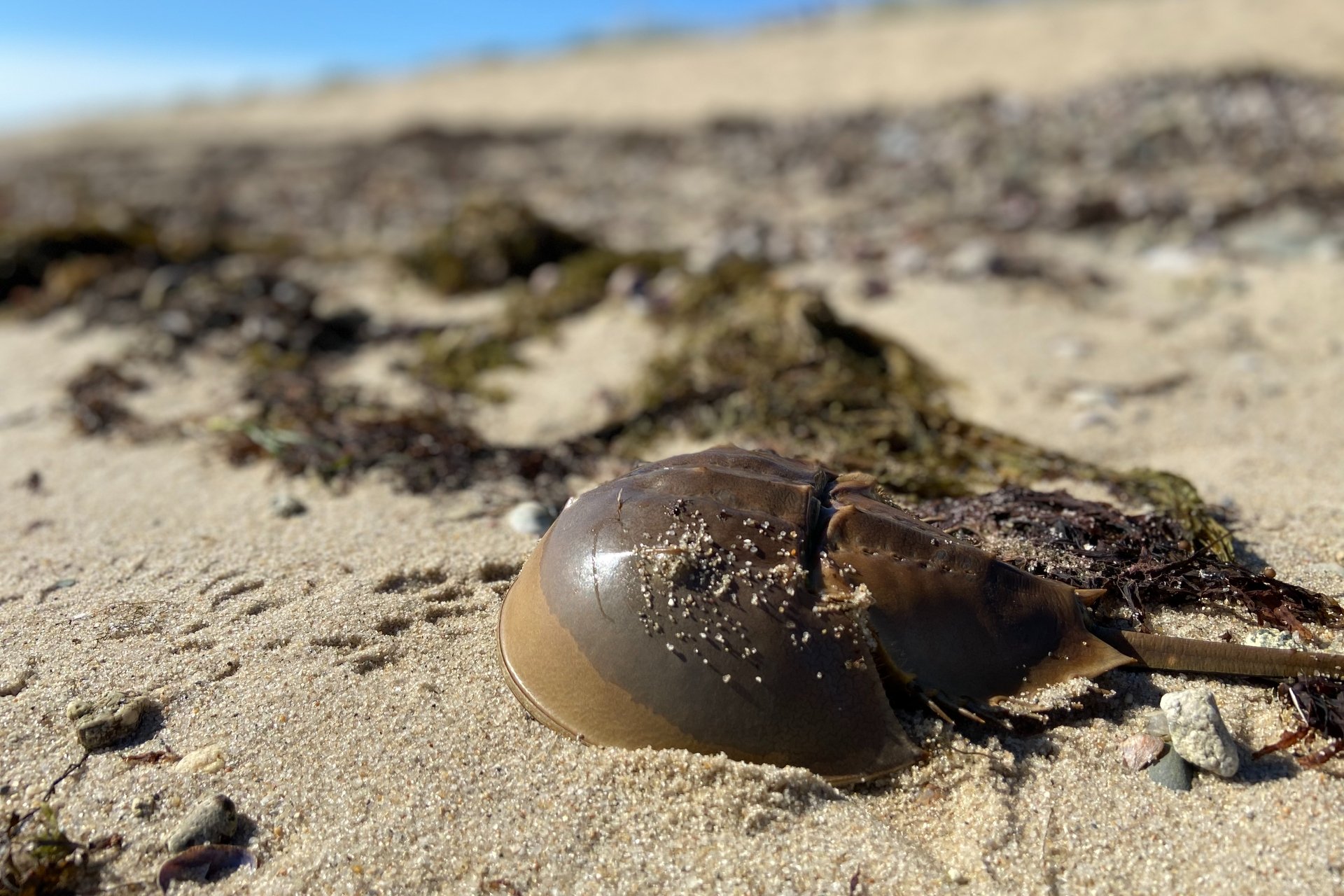Horseshoe crabs are incredibly resilient animals. They’ve existed in nearly unchanged form for over 400 million years, surviving four mass extinctions. Unfortunately, climate change and decades of overfishing have depleted their populations in Massachusetts. Now, however, we finally have an opportunity to put these creatures on a road to recovery.
New Horseshoe Crab Protections Proposed
The Massachusetts Division of Marine Fisheries (DMF) just proposed new regulations that would ban horseshoe crab harvesting while the crabs are breeding and laying eggs, or spawning, between mid-April and early June.
Harvesting horseshoe crabs while they are spawning is incredibly damaging to the species. Since crabs must come onto beaches to spawn, they are easy to catch during this period. Female horseshoe crabs are larger, which leads fishermen to prioritize capturing them. But female horseshoe crabs can lay up to 80,000 eggs over the course of a season; each one captured during this season eliminates thousands of potential new horseshoe crabs.
Every other state on the Atlantic Coast with a large horseshoe crab harvest has taken measures to protect horseshoe crabs while they are spawning, except Massachusetts. These new protections would be an important first step towards restoring our horseshoe crab populations.
Speaking Up to Save Horseshoe Crabs
Before these new regulations can be enacted, they must be approved by the Marine Fisheries Advisory Commission (MFAC), an appointed board that votes on commercial fishing regulations in Massachusetts. To vote in favor of these regulations, the MFAC needs to understand that thousands of Massachusetts residents care deeply about protecting horseshoe crabs.
The DMF will accept public comments on these protections until March 8 and then turn them over to the MFAC. If we can’t convince the MFAC to approve them this spring, it’ll be too late to protect horseshoe crabs during their next spawning season. Use our action alert to easily submit your comments supporting horseshoe crab protections today.
Stay Connected with Policy and Advocacy
Learn about opportunities to advocate for our transformative policy agenda.



